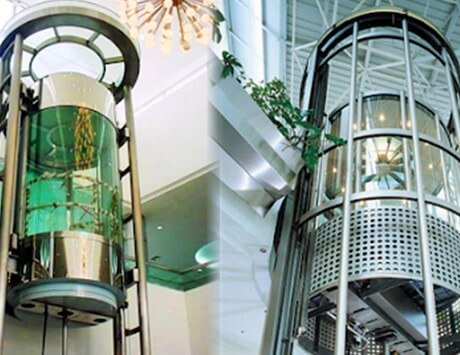
Hydraulic elevators are essential for efficient vertical transportation in various building types, offering smooth and reliable performance. Hydraulic elevator supplierare crucial in the industry, providing the necessary expertise for designing, manufacturing, installing, and maintaining these systems. This article explores the role of hydraulic elevator suppliers, the benefits of hydraulic elevators, and notable suppliers in the industry.
The Role of Hydraulic Elevator Suppliers
Hydraulic elevator suppliers are specialized companies responsible for delivering hydraulic elevator solutions tailored to diverse needs. Their primary functions include:
- Design and Customization: Suppliers collaborate with clients to design hydraulic elevators that fit specific architectural and functional requirements. This involves customizing the elevator’s size, style, and features to match the building’s design and user needs.
- Manufacturing: Suppliers oversee the production of hydraulic elevators, ensuring they are built with high-quality materials and advanced technology. This includes assembling hydraulic cylinders, pumps, and control systems that ensure smooth and reliable operation.
- Installation: Proper installation is critical for the safety and efficiency of hydraulic elevators. Suppliers manage the installation process, ensuring the elevators are set up according to industry standards and building codes.
- Maintenance and Support: To ensure the longevity and reliability of hydraulic elevators, suppliers provide ongoing maintenance services, emergency repairs, and technical support. Regular maintenance helps prevent issues and ensures the elevators continue to operate smoothly.
Benefits of Hydraulic Elevators
Hydraulic elevators offer several advantages, making them a popular choice for various applications:
- Smooth and Quiet Operation: Hydraulic elevators provide a smooth and quiet ride due to their hydraulic fluid system, which minimizes noise and vibrations, enhancing user comfort.
- Space Efficiency: These elevators do not require a separate machine room, as the hydraulic machinery can be integrated into the building’s existing structure. This feature is particularly useful in buildings with limited space.
- Energy Efficiency: Hydraulic elevators are often more energy-efficient, especially in low to mid-rise buildings. They generally consume less energy compared to other elevator types, particularly for short travel distances.
- Low Maintenance Requirements: Hydraulic elevators have fewer moving parts than traction elevators, leading to lower maintenance needs and reduced operational costs.
Notable Hydraulic Elevator Suppliers
Several leading companies are renowned for their expertise in hydraulic elevator systems:
- Otis Elevator Company: A global leader in the elevator industry, Otis offers a range of hydraulic elevators known for their reliability, advanced technology, and durability. Their products cater to various applications, from residential buildings to large commercial facilities.
- Thyssenkrupp: Thyssenkrupp is known for its innovative approach to elevator technology. Their hydraulic elevators are designed for smooth performance and can be customized to meet specific client needs.
- KONE: KONE focuses on sustainability and energy efficiency, offering hydraulic elevators that feature modern design and advanced technology. Their products are designed to meet contemporary performance and environmental standards.
- Schindler Group: Schindler provides a variety of hydraulic elevators suitable for different building types and applications. Their elevators are known for their reliability, innovation, and ease of use.
Industry Trends and Future Outlook
The hydraulic elevator industry is evolving, with trends driven by technological advancements and sustainability demands. Key trends include:
- Integration of Smart Technology: Modern hydraulic elevators increasingly incorporate smart technology, such as remote monitoring and control systems, to enhance performance and provide real-time data on operations and maintenance needs.
- Focus on Energy Efficiency: There is a growing emphasis on developing energy-efficient hydraulic elevators to reduce energy consumption and minimize environmental impact. Innovations in this area aim to improve overall efficiency and sustainability.
- Customization and Flexibility: The demand for customized elevator solutions is rising. Suppliers are offering more options for bespoke designs, finishes, and features to meet the unique needs of different buildings and clients.
Conclusion
Hydraulic elevator suppliers play a vital role in providing effective and reliable vertical transportation solutions. Their expertise in design, manufacturing, installation, and maintenance ensures that hydraulic elevators meet the diverse needs of modern buildings. As the industry continues to advance, Hydraulic elevator supplierwill remain key players in delivering innovative solutions that enhance accessibility, performance, and sustainability in both residential and commercial environments.